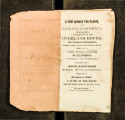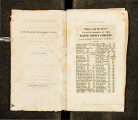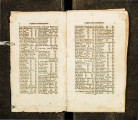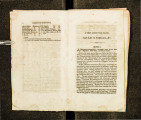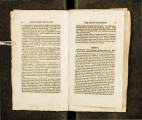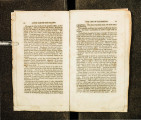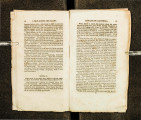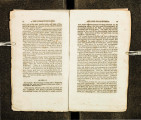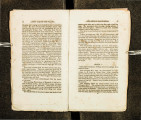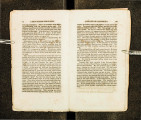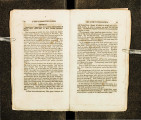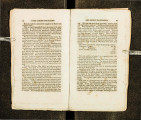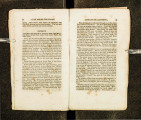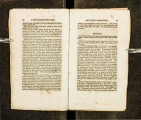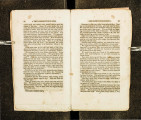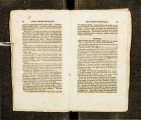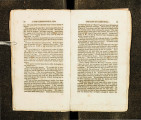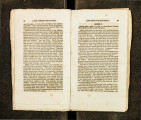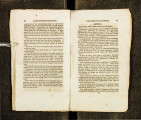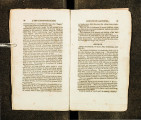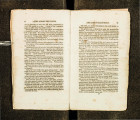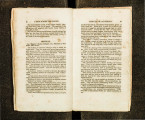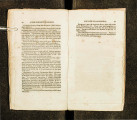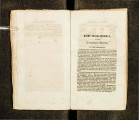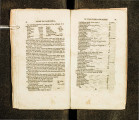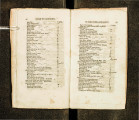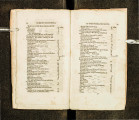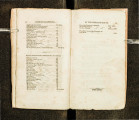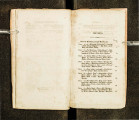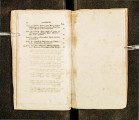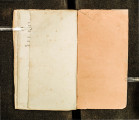| Title |
A trip across the plains, and life in California ; embracing a description of the overland route; its natural curiosities ... the gold mines of California; its climate ... with sketches of Indian, Mexican and Californian character |
| Call Number |
F593 .K28; Record ID 99195350102001 |
| Date |
1851 |
| Description |
Memoir of Dr. George Keller, physician to the Wayne County (Ohio) Company during its 1849 journey to California, including a guide to the trail and detailed description of Californi. Published in 1851; 58 pages |
| Creator |
Keller, Geo. (George) |
| Publisher |
Digitized by J. Willard Marriott Library, University of Utah |
| Subject |
West (U.S.) -- Description and travel; Overland journeys to the Pacific; California -- Description and travel |
| Type |
Text |
| Format |
application/pdf |
| Identifier |
F593-_K28.pdf |
| Language |
eng |
| Spatial Coverage |
West, United States; California, United States |
| Collection Name |
Rare Books Collection |
| Holding Institution |
Rare Books Division, Special Collections, J. Willard Marriott Library, University of Utah |
| Rights |
 |
| Scanning Technician |
Ellen Moffatt |
| Digitization Specifications |
Original scanned with Hasselblad H2D 39 megapixel digital camera and saved as 600 ppi tiffs. Display images created in Adobe Photoshop Lightroom 5 and generated in Adobe Acrobat ProX as multiple page pdf. |
| ARK |
ark:/87278/s6c55p2q |
| Setname |
uum_rbc |
| ID |
311239 |
| Reference URL |
https://collections.lib.utah.edu/ark:/87278/s6c55p2q |



